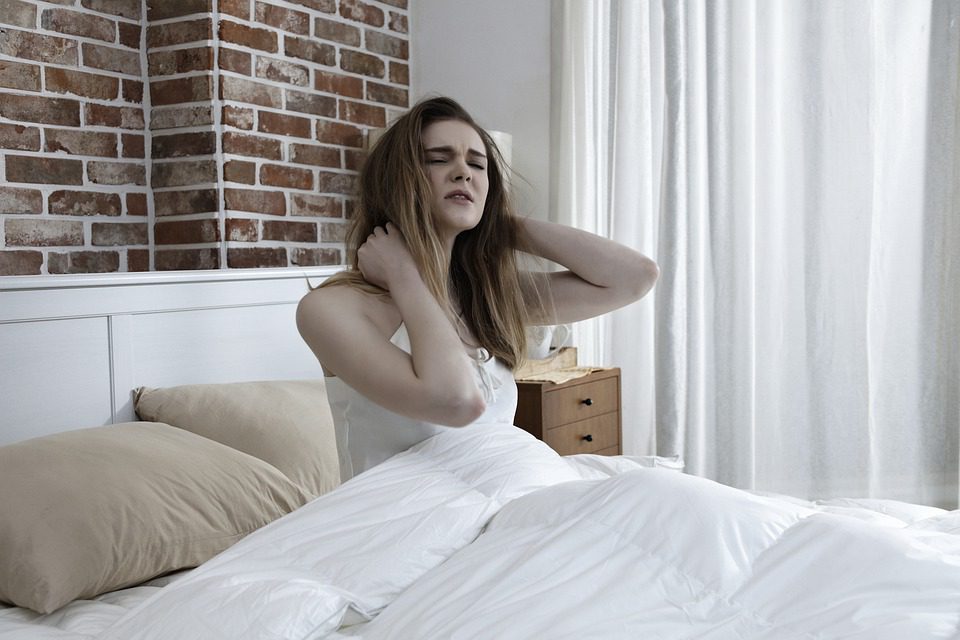A recent research found that older individuals who snooze often or for long amounts of time each day may be showing signs of early-onset dementia.
A research featured in Alzheimer’s and Dementia: The Journal of the Alzheimer’s Association found that older individuals who slept at minimum once a day as well as longer than 60 minutes per day are 40% more susceptible to Alzheimer’s than many who did not snooze regularly or slept just under an hour per day.
Despite correcting for nocturnal sleeping amount and quality, they observed a connection involving increased daylight hours snoozing and dementia. According to earlier research, those who slept for more than half an hour per day had an increased chance of developing cognitive deficits vs. to those who napped for less than half an hour.
The Rush Memory and Aging Project studied 1,400 participants around the ages of 74 through 88 during a period of Fourteen years. Individuals in the present research carried a tracking device for 14 days a year, which collected information about their activities.
Individuals who did not suffer from cognitive decline extended their regular daylight snoozing by an estimate of 11 minutes each year during the course of the research. Napping was increased to 24 minutes per day for those with moderate cognitive deficits. Alzheimer’s patients slept an approximate of 68 minutes a day, almost three times as long as those without the disease.
A direct link between daylight sleeping and neurological dysfunction has yet to be shown; nevertheless, it’s possible that prolonged daylight snoozing could be an early warning indicator for those who are already experiencing cognitive decline.
Prior to 3 p.m., individuals should only take 15-20 minute day naps to maximize the healing effects of sleeping and avoid disrupting their evening sleep patterns.













Leave a Reply